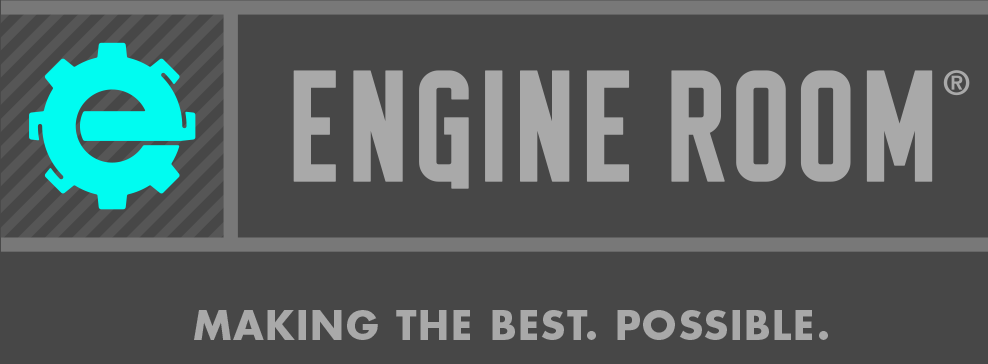
One of the major challenges businesses face is the successful implementation of their CRM system. The CRM implementation process comes with considerable difficulties and can quickly become complex if adequate planning is not done beforehand.
Although the implementation process for organizations may differ (due to differences in size, scale, industry, business processes and goals), there are principles that underlie every successful CRM implementation effort.
To help businesses get started and stay on the right path, here are some tips for a successful CRM implementation.
Create the right team
The ideal team for CRM implementation should include:
- A team leader (project manager to head the implementation effort)
- Application developer: in charge of system customization
- QA test engineer: heads up testing efforts
- Application analyst: responsible for data cleansing and migration
- Representatives from key user groups: customer service representatives, marketing managers, marketing team, sales managers and sales team.
While CRM projects are usually proposed by senior management, there's always a certain level of resistance from the lower levels (workforce). As such, company executives need to win over key user groups to ensure the success of the CRM implementation project.
Develop a change management plan
For any organization, implementing a CRM system affects every employee and introduces changes on all levels. Since change is always difficult, most CRM implementation projects fail because of poor user adoption. To avoid this, businesses should get their workforce on board with the CRM project from the start.
A change management plan is a well-thought-out series of events that seeks to deal with the changes brought about by CRM implementation. This includes:
- Changes to business processes
- Addressing the gaps in expertise (talent needed to execute the implementation process and run the software going forward)
- Possible impact on company culture
- Scope of training required to make employees adept at handling the CRM software
- Effect on productivity and employee morale
To ensure successful implementation, project leaders should also break the project into stages and create milestones to track progress.
Prepare an implementation budget
It's easy for businesses to overspend during CRM implementation. Most project managers are not cognizant of the full extent of CRM implementation costs and often get in a bind when they exhaust their budget halfway through the implementation project. To avoid this, it's essential that implementation teams draw up a comprehensive budget that accounts for all the possible costs of CRM implementation and also add a 10% buffer to the final number. Implementation budgets should include the following costs:
- Data backup and storage
- Reduced productivity
- Staff overtime
- Training
- Vendor implementation services (project management, customization, data migration, training)
- Phone costs
- Consultancy fee
Gather feedback
Project leaders should provide avenues for employees to provide suggestions and leave feedback to facilitate future improvements to the CRM system. A successful CRM implementation is just the beginning - companies need to continuously upgrade the software to keep it relevant and agile enough to meet the constantly changing needs of today's complex marketplace.
Following through with the above tips will help ensure the success of your CRM implementation project. If you need more information on how to execute CRM implementation efforts or are looking for expert guidance, get in touch with Engine Room.




